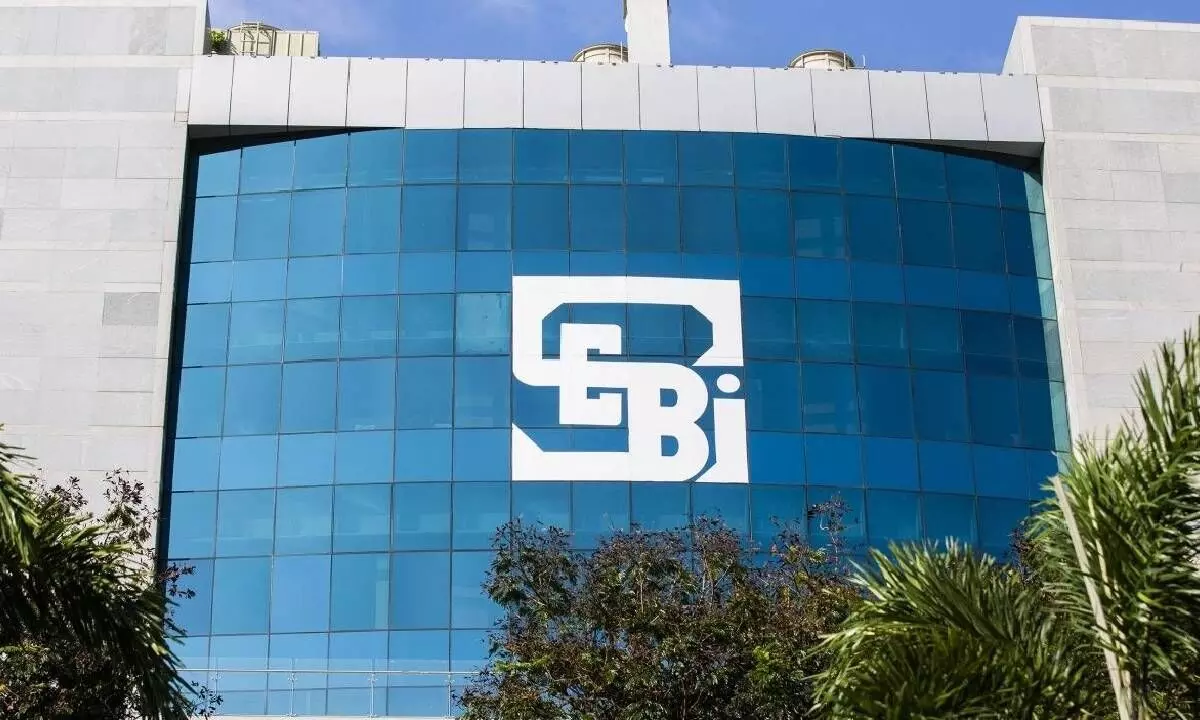SEBI to tighten disclosure norms for conglomerates
Markets regulator SEBI plans to facilitate transparency around the conglomerate by enhancing the group-level reporting of transactions.
image for illustrative purpose

New Delhi Markets regulator SEBI plans to facilitate transparency around the conglomerate by enhancing the group-level reporting of transactions.
Disclosure of details of cross holding and material financial transactions within the conglomerates is also among the matters that SEBI would examine to be disclosed on an annual basis. There is a need to identify, monitor and manage the risks introduced into the securities market ecosystem by unlisted companies in a conglomerate with a complex set of listed and unlisted associates, SEBI said. While listed entities are subject to comprehensive disclosure requirements, the same levels of disclosure requirements are not applicable to unlisted companies.
In the ensuing year, SEBI plans to review the pricing mechanism in case of delisting. In particular, review of the reverse book building process and exploring other alternatives to determine exit price in case of voluntary delisting would be undertaken. SEBI also plans to review the compulsory delisting framework adopted by the stock exchanges. Accordingly, SEBI has formed a committee on review of Takeover Regulations, which has been, inter-alia, tasked to review the current Takeover Regulations in light of past judicial pronouncements and also to simplify and strengthen the extant regulations by benchmarking global practices. On the mechanism for prevention and detection of fraud or market abuse, SEBI (Stock Brokers) Regulations, 1992 is proposed to be amended to provide systems for surveillance of trading activities and internal controls, obligations of notified stock brokers and their employees, escalation and reporting mechanisms and whistle blower policy.In 2022-23, SEBI rolled out 163 policy measures, which inter alia include 27 measures for primary markets (equity and hybrid securities), 40 for secondary markets, 39 for corporate debt markets, 27 for asset management (including AIFs), 22 for intermediaries and four each for FPIs and investor grievance resolution.
SEBI has 20 specialised advisory committees across functional domains, comprising experienced domain experts, who advise SEBI on the intricacies of proposed policy changes and through whom consultation papers are vetted, keeping in view the interests of multiple stakeholders.

